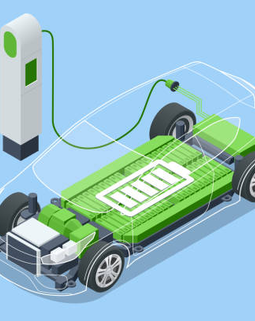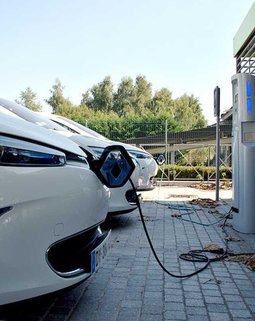The automotive industry, a sector marked by innovation, competition, and constant evolution, continues to shape the global economy. From technological advancements to shifting consumer preferences, several factors influence the trajectory of this dynamic industry. In this article, we delve into the latest trends, developments, and insights driving the automotive sector.
1. Technological Advancements:
Technological innovation remains at the forefront of the automotive industry. With the rise of electric vehicles (EVs), autonomous driving technology, and connectivity features, manufacturers are redefining the driving experience. EV adoption, in particular, has gained significant momentum, with major players investing heavily in research and development to enhance battery efficiency and charging infrastructure. Additionally, advancements in autonomous driving technology promise to revolutionize transportation, offering improved safety and convenience on the roads.
2. Market Dynamics:
The automotive market is influenced by various factors, including economic conditions, regulatory policies, and consumer behavior. Despite challenges posed by the COVID-19 pandemic, the industry has displayed resilience, with recovery efforts gaining traction in key markets. As economies reopen and consumer confidence rebounds, automotive sales are expected to witness gradual recovery. Moreover, evolving consumer preferences, such as the growing demand for eco-friendly vehicles and digital connectivity, are reshaping product offerings and marketing strategies within the industry.
3. Sustainable Practices:
Sustainability has emerged as a key focus area for automotive manufacturers, driven by environmental concerns and regulatory pressures. Companies are increasingly incorporating eco-friendly practices throughout the production process, from sourcing raw materials to vehicle recycling. Moreover, the shift towards electric mobility aligns with sustainability goals, offering cleaner alternatives to traditional internal combustion engine vehicles. As sustainability gains prominence in consumer preferences, automakers are compelled to adopt greener practices to remain competitive in the market.
4. Supply Chain Resilience:
The COVID-19 pandemic underscored the importance of supply chain resilience within the automotive industry. Disruptions in global supply chains highlighted vulnerabilities and prompted manufacturers to reassess their sourcing strategies and inventory management practices. In response, companies are diversifying their supplier base, leveraging digital technologies for supply chain visibility, and implementing risk mitigation measures to enhance resilience against future disruptions. Building robust and agile supply chains remains a priority for automotive companies to ensure uninterrupted operations and meet customer demands.
5. Emerging Markets And Opportunities:
Emerging markets present significant growth opportunities for the automotive industry, fueled by rising disposable incomes, urbanization, and infrastructure development. Countries in Asia-Pacific, Latin America, and Africa are experiencing increasing demand for automobiles, driven by a burgeoning middle class and improving living standards. To capitalize on these opportunities, manufacturers are expanding their presence in emerging markets, customizing products to suit local preferences, and investing in dealership networks and after-sales services.
In conclusion, the automotive industry continues to evolve rapidly, propelled by technological innovation, shifting consumer preferences, and global market dynamics. As companies navigate through challenges and capitalize on emerging opportunities, the future of the automotive sector remains dynamic and promising.





